Evidence law is fundamental to every Canadian legal proceeding, serving as the factual backbone of the justice system. This comprehensive guide offers a detailed reference primer for anyone interested in Canadian legal practice. It covers all essential aspects of evidence law, including key definitions, statutes, rules of procedure, and relevant Charter of Rights references. The guide is meticulously organized to provide quick and easy access to critical information, making it an invaluable resource for students, legal professionals, and anyone seeking to understand the intricacies of evidence law in Canada.
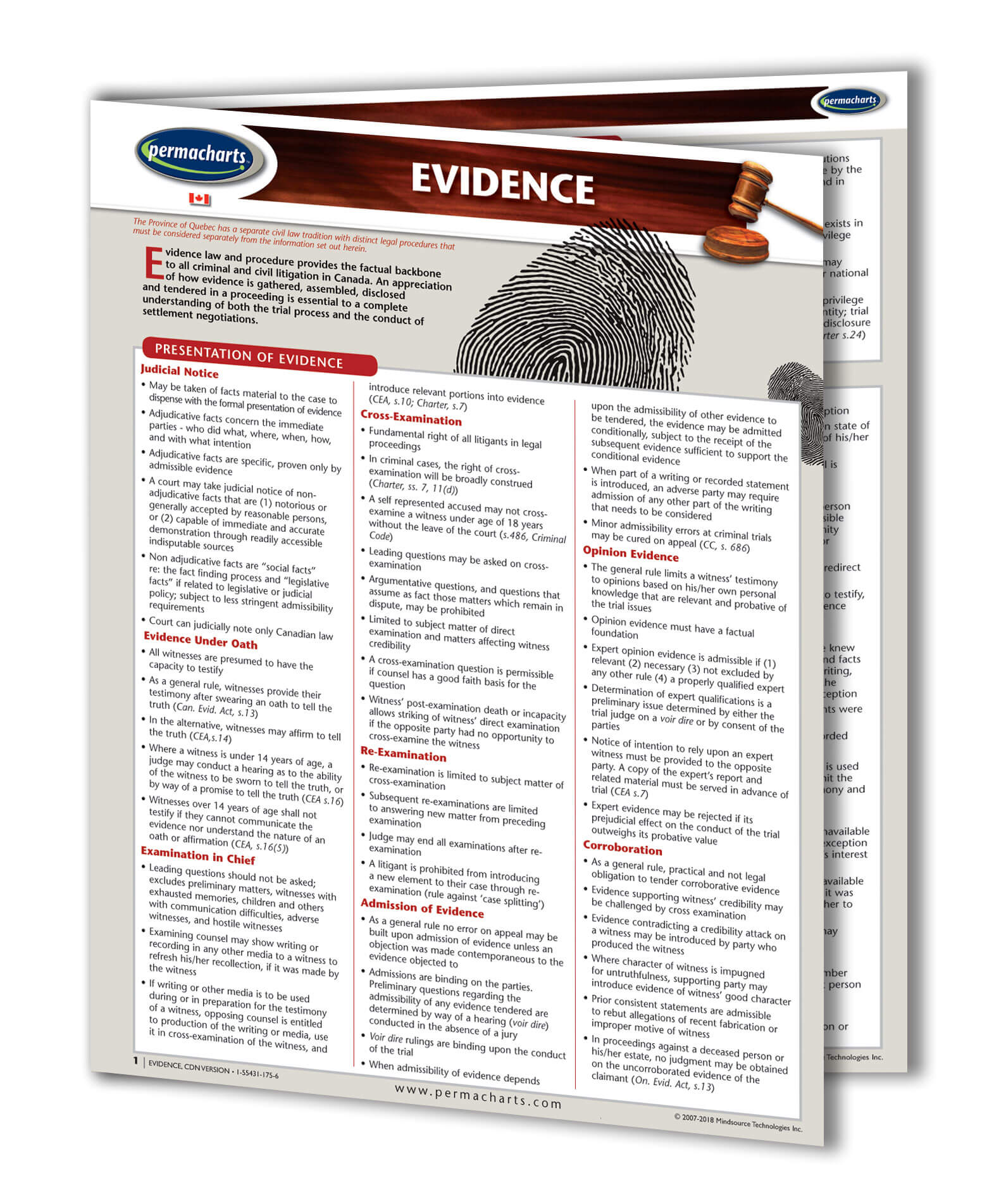
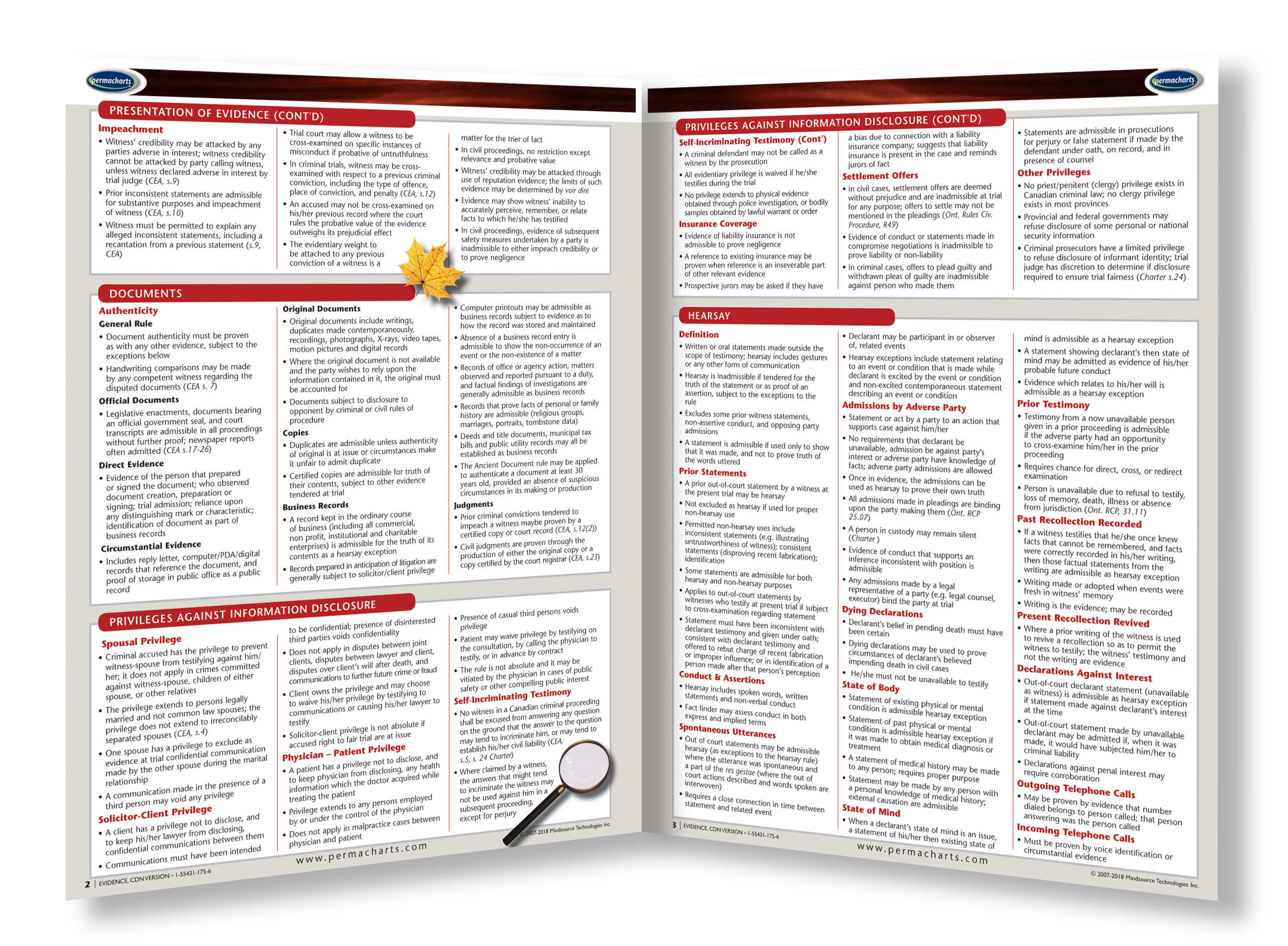
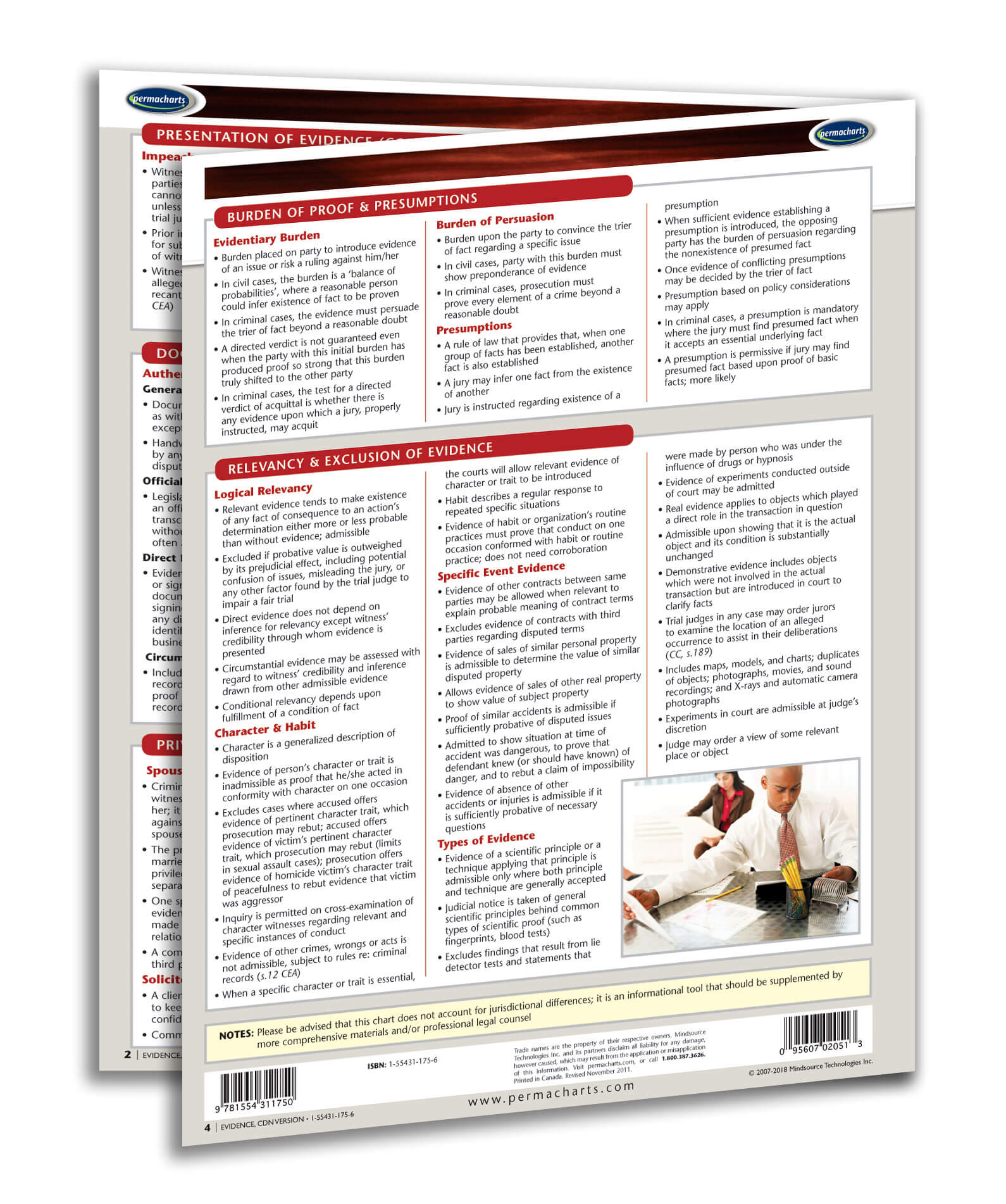
Navigating the intricate world of Canadian civil litigation can be daunting due to the complex web of rules and case law that underpins the system. This comprehensive quick reference guide is designed to demystify Canadian civil procedure for those seeking a clearer understanding. It offers a wealth of insights and practical tips, meticulously organized to cover all essential aspects. Key definitions, statutes, provincial rules, and relevant Supreme Court references are included, ensuring that students, legal professionals, and practitioners have a reliable resource to guide them through the nuances of civil litigation in Canada.
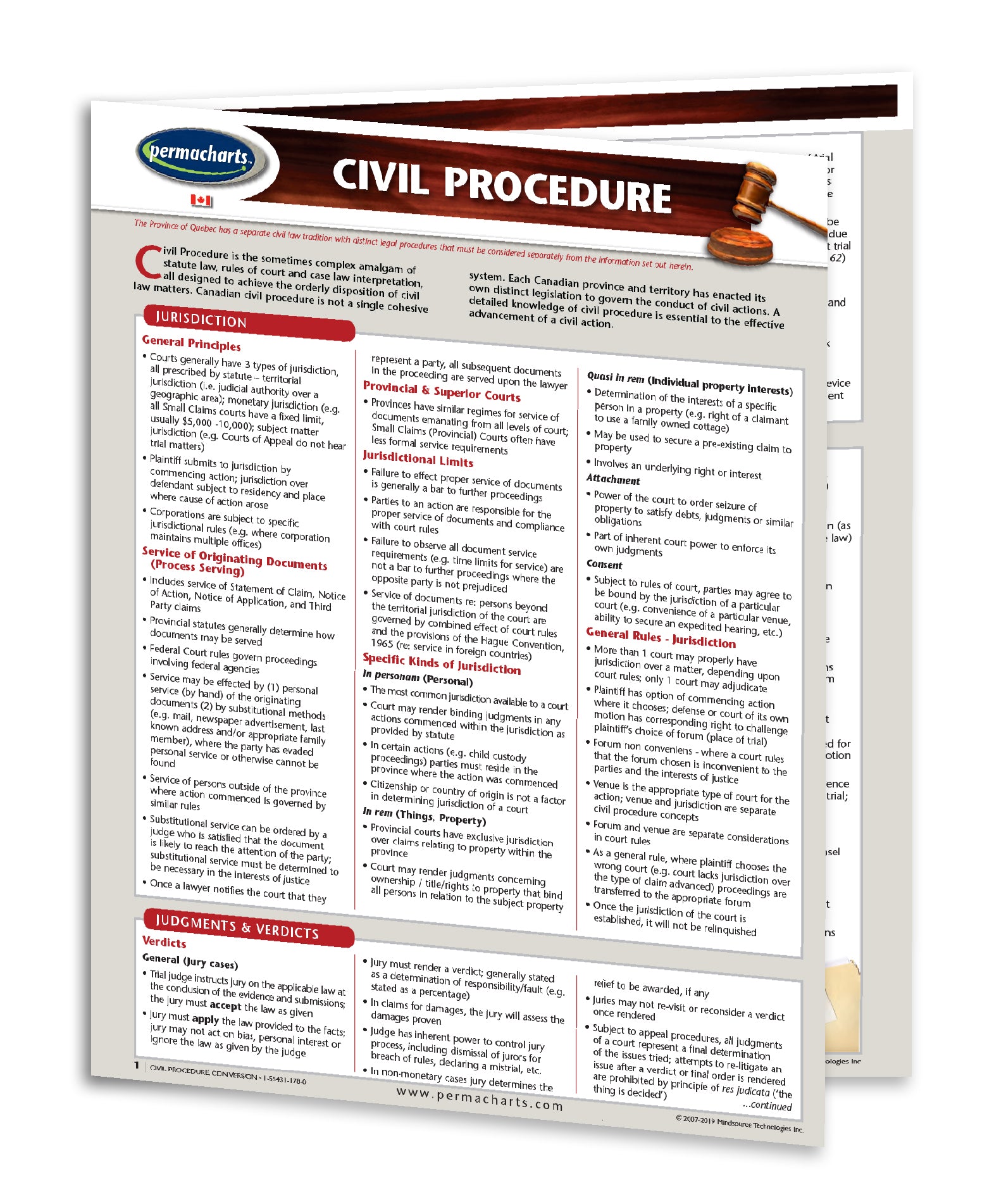
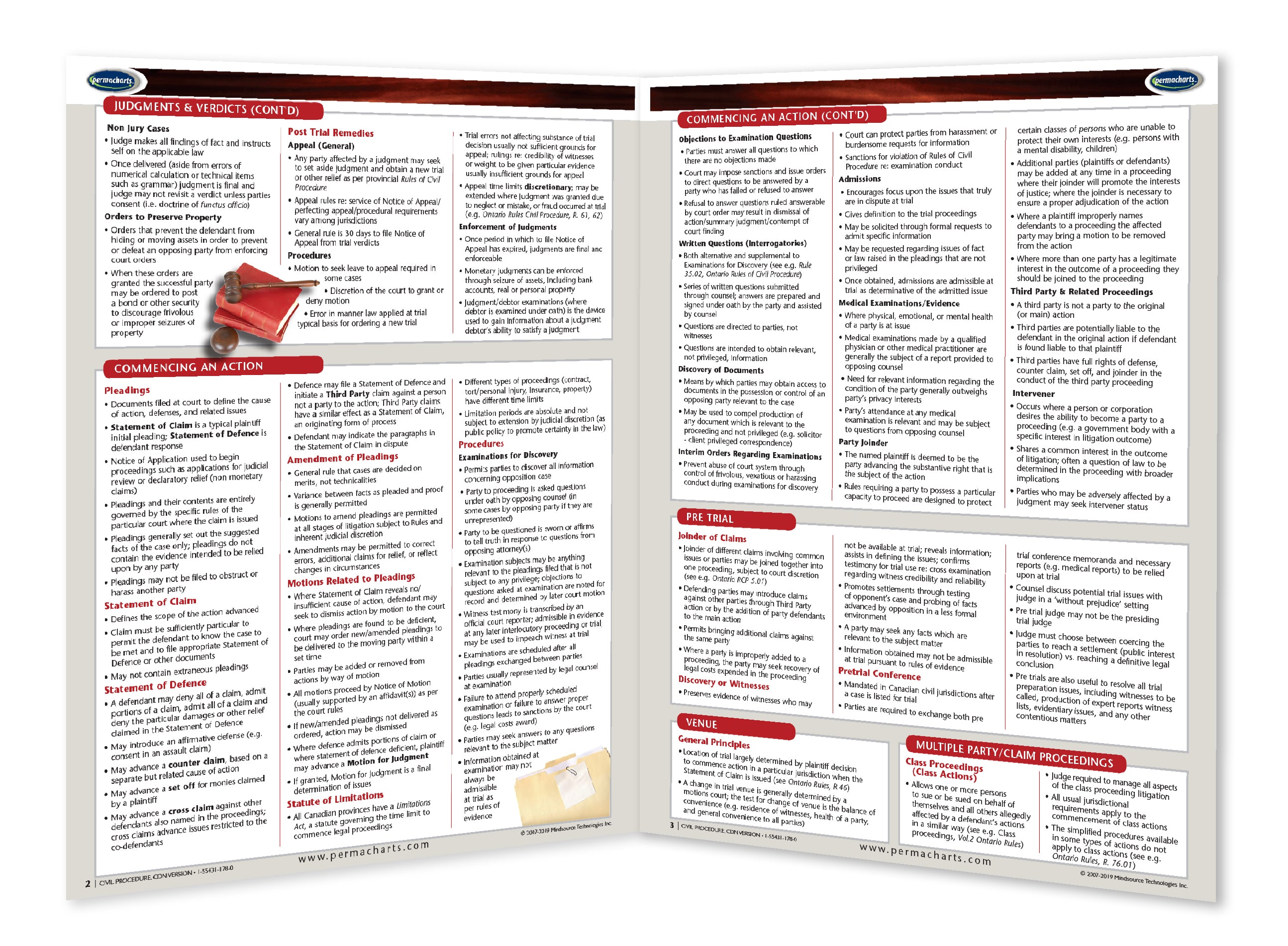
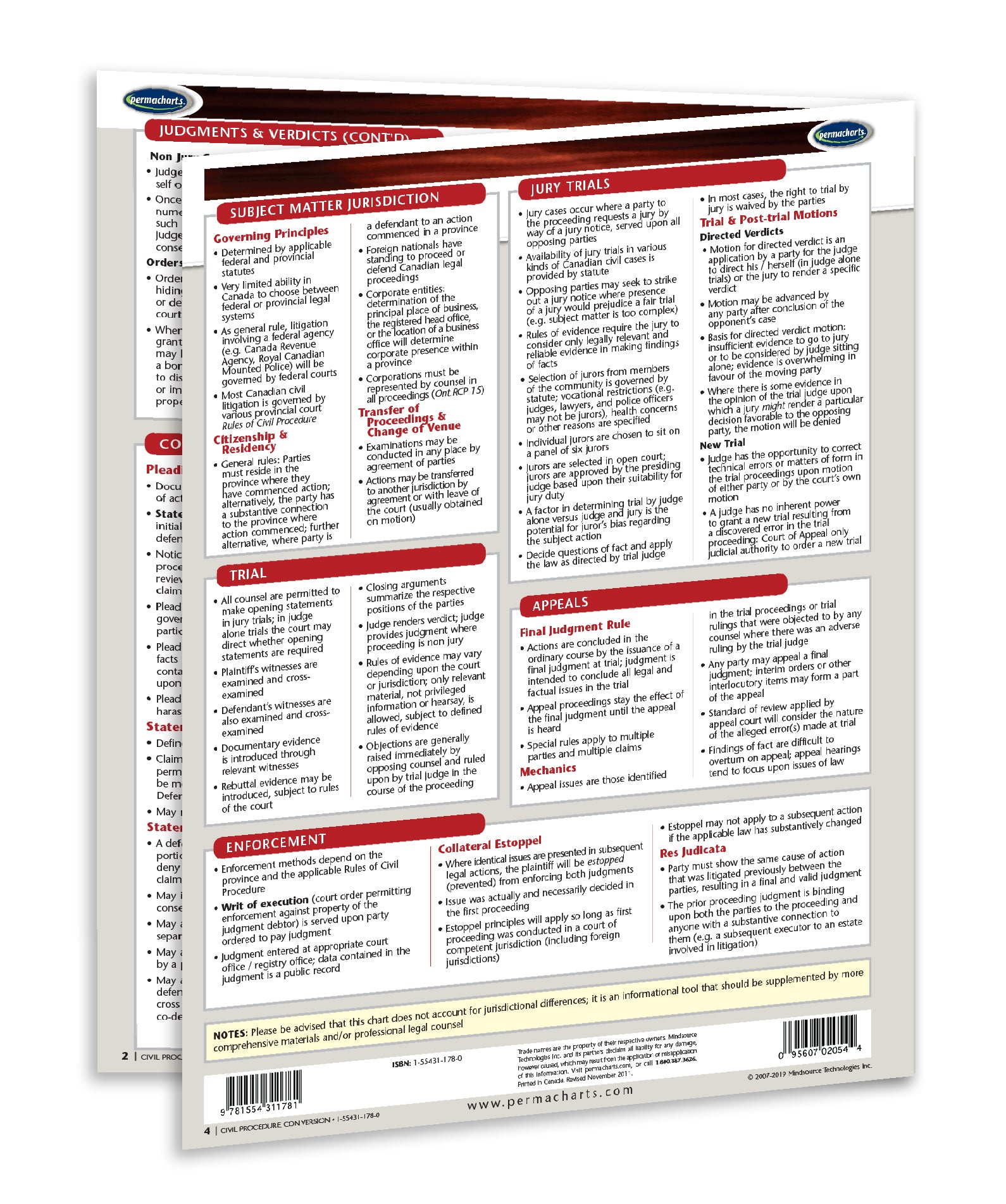
Strong legal writing skills are crucial for Canadian law students, paralegals, lawyers, and anyone engaged in communicating legal concepts effectively. This comprehensive guide is designed to enhance these skills by merging essential grammatical aids with practical writing tips and definitional summaries. It offers valuable assistance for those who aim to write persuasively and clearly in the legal field. Whether you're drafting legal documents, preparing briefs, or crafting arguments, this guide provides the tools and insights needed to produce compelling and precise legal writing.
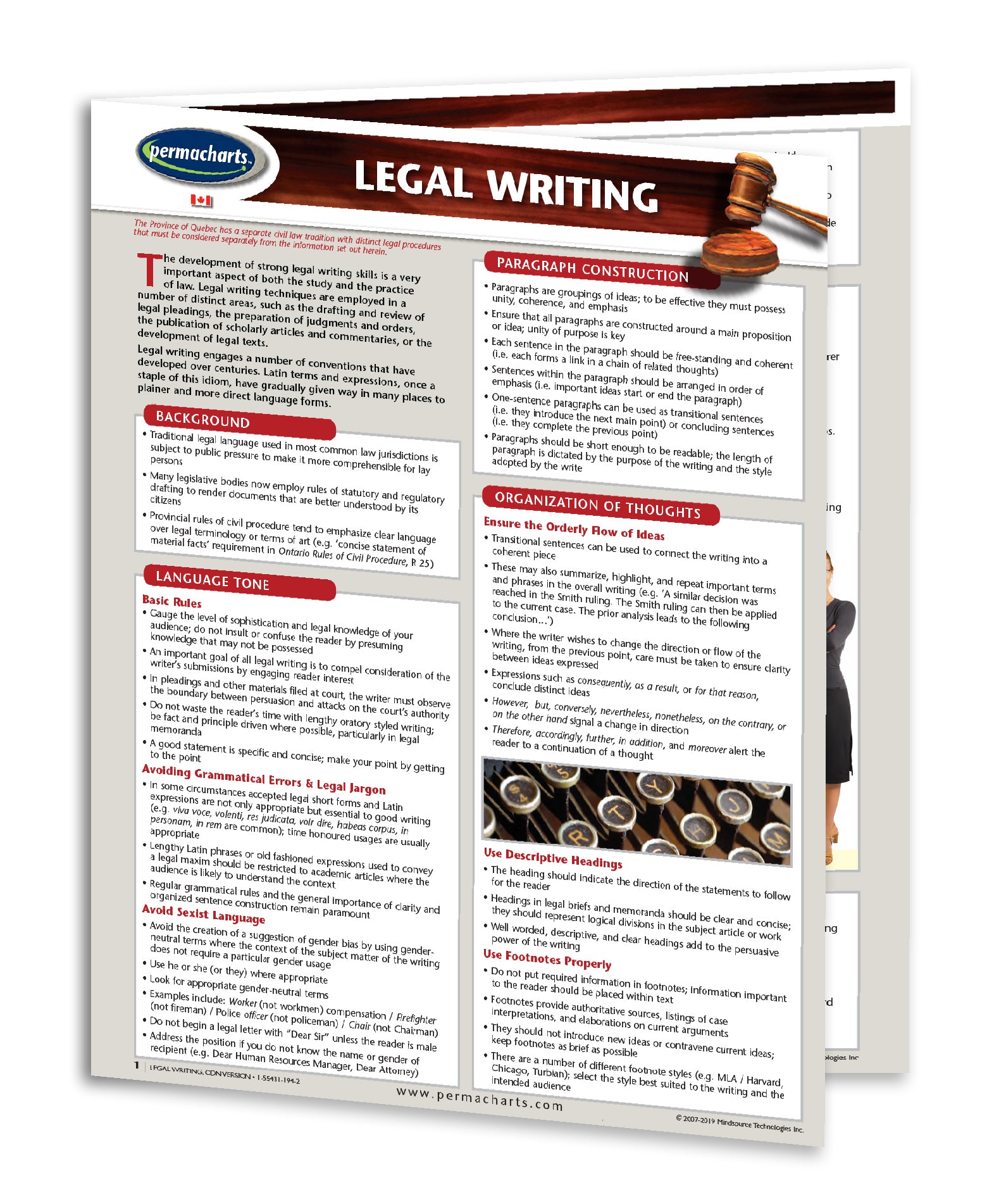
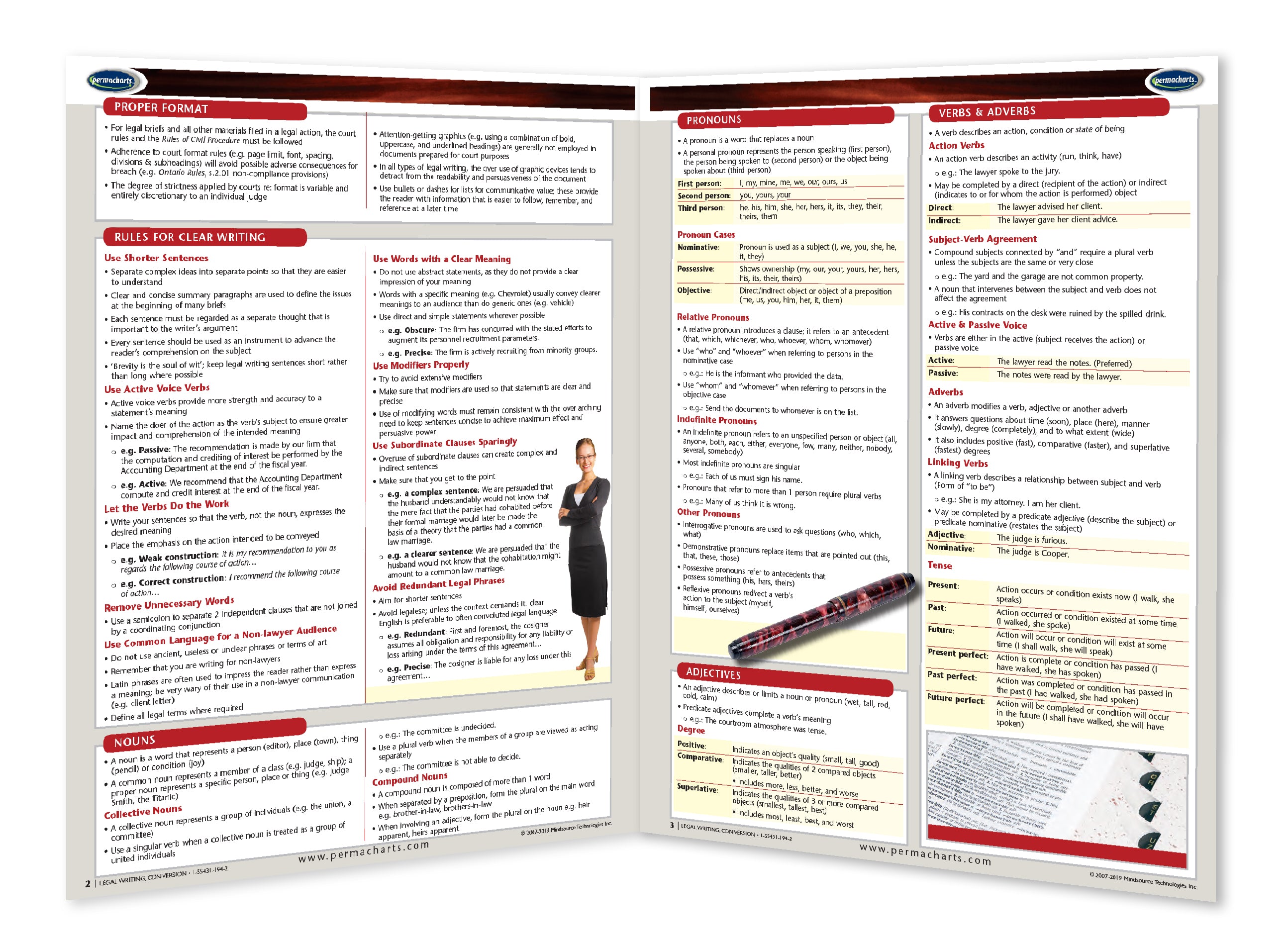
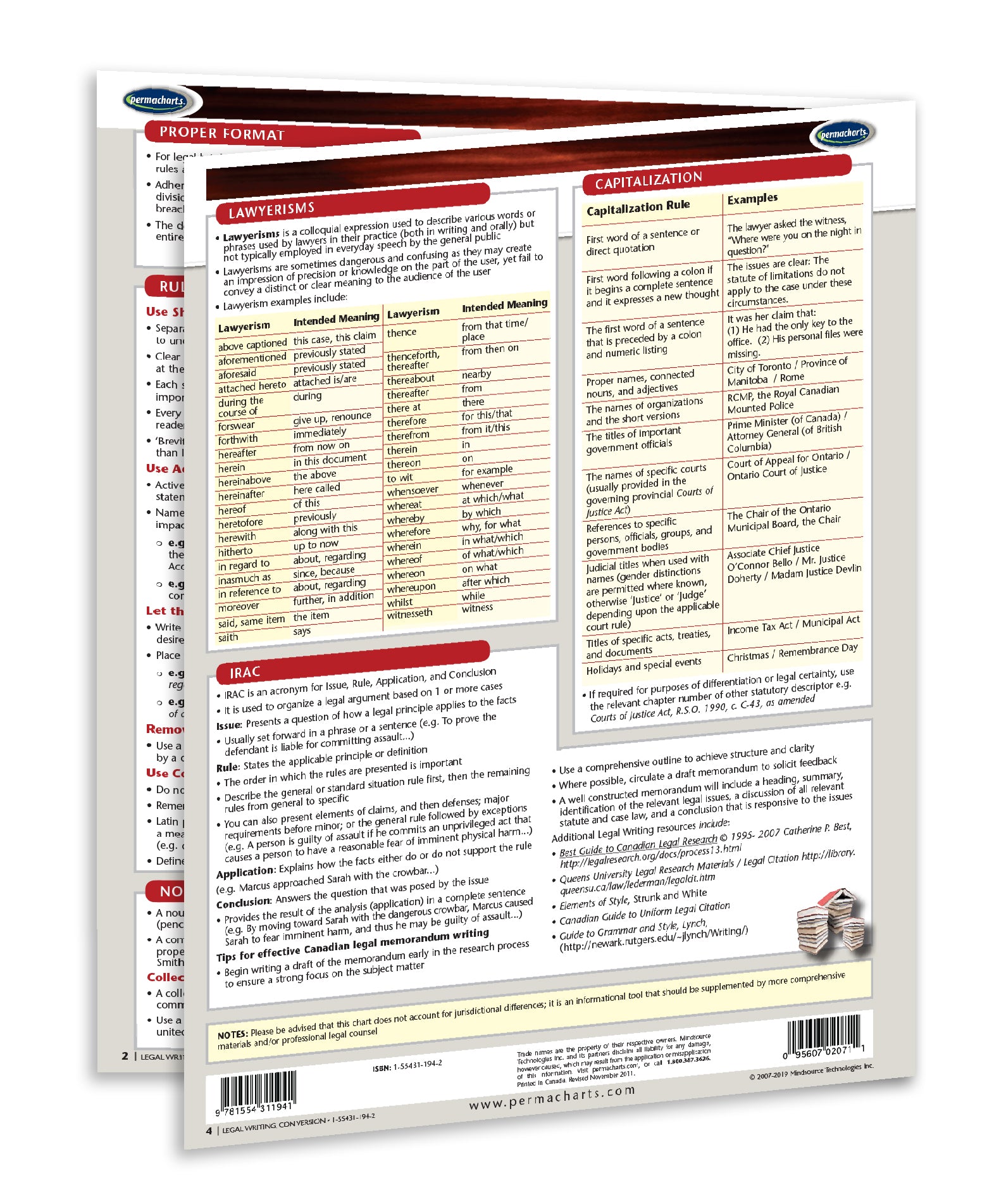
This comprehensive guide simplifies the process of Canadian legal research for students and practitioners alike. It provides clear instructions on effectively locating and utilizing sources of Canadian and international law. The guide details conventional legal sources, including law reports, digests, and citation services, and highlights secondary sources such as law journals and periodicals. Special emphasis is placed on navigating the expanding array of electronic databases available to Canadian legal researchers, ensuring that users can efficiently access and apply a wide range of resources.
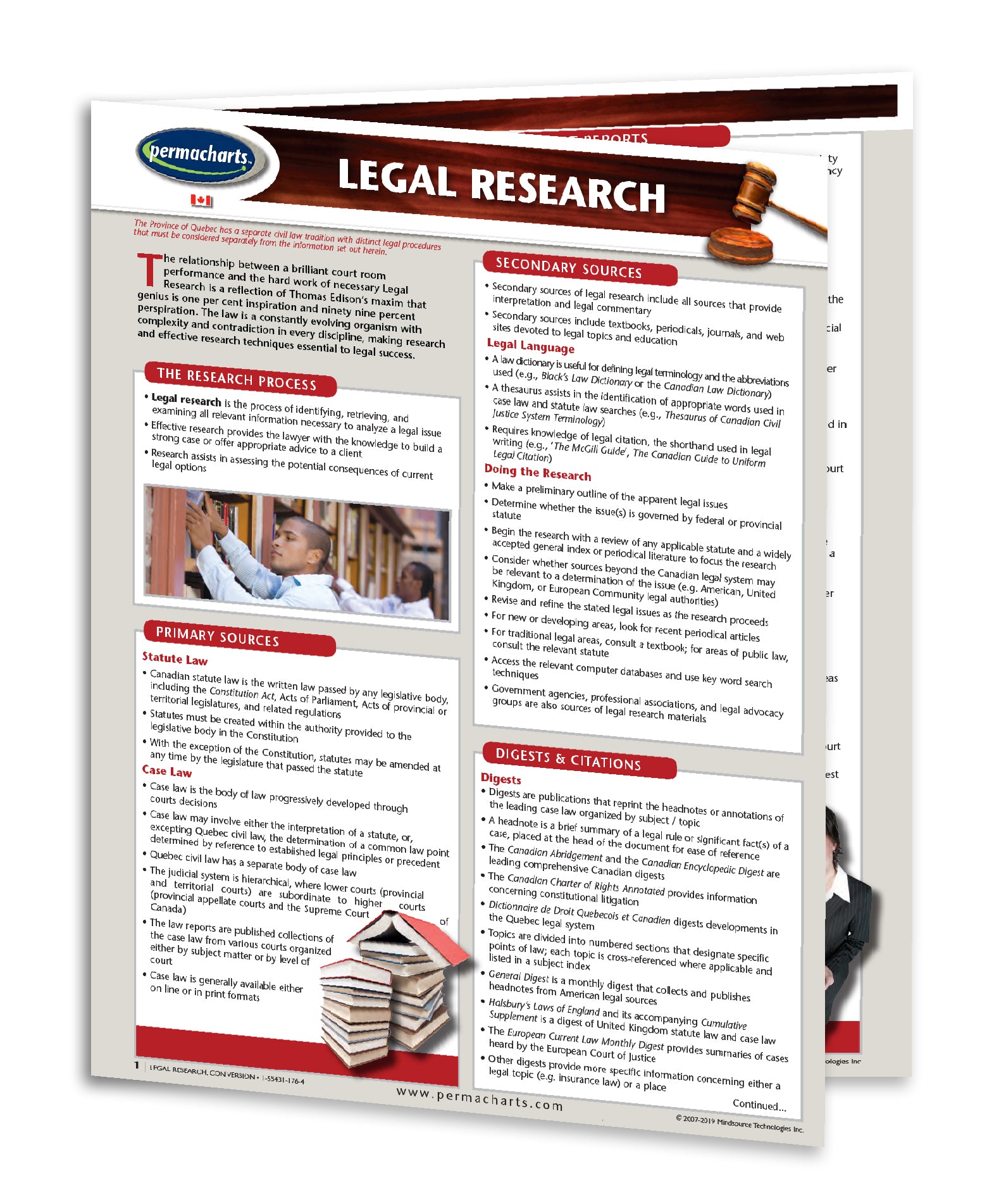

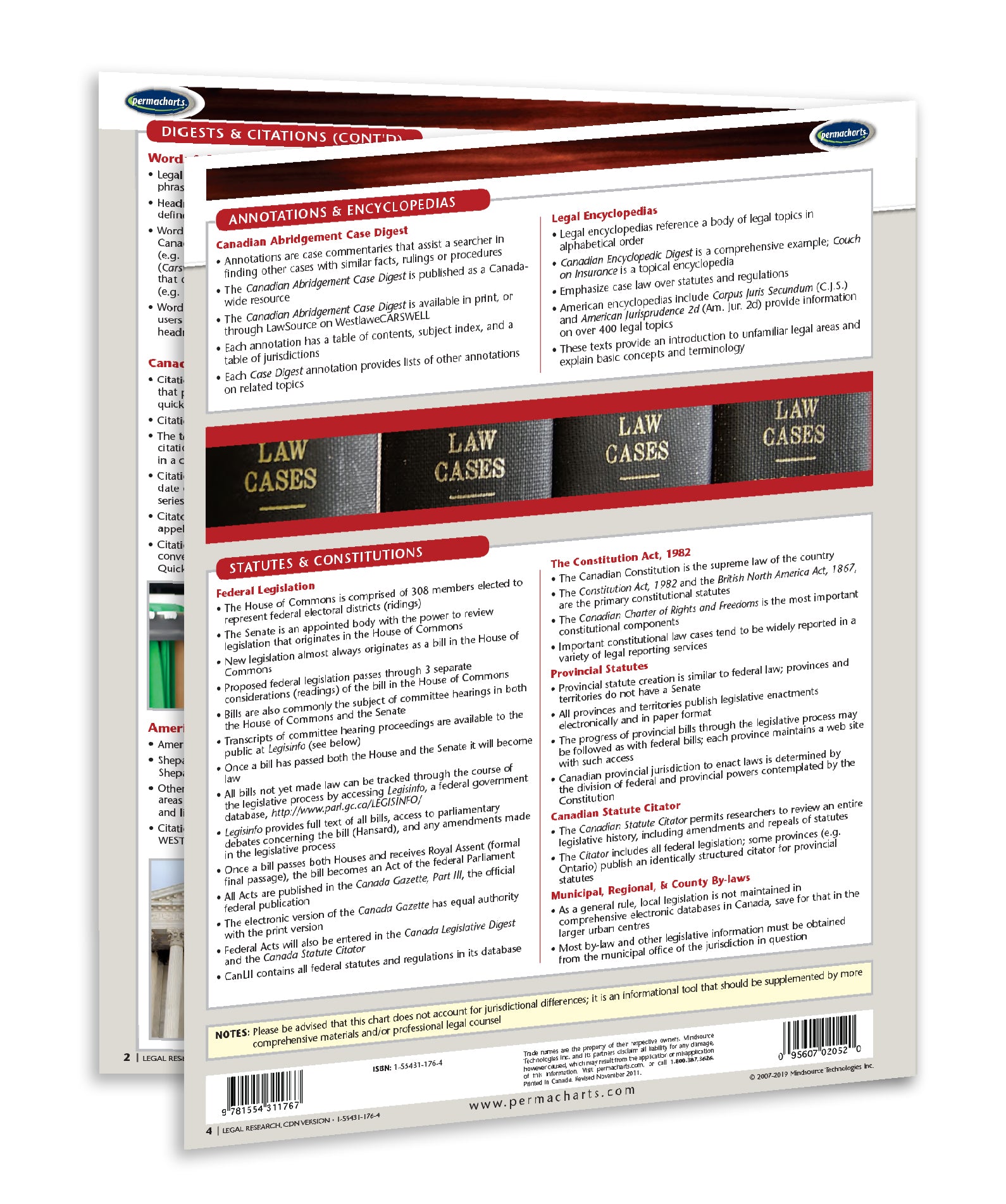
Torts encompass the law of private or civil wrongs, addressing both deliberate acts and the broader scope of negligence law. This invaluable guide offers essential information on Canadian tort law in a clear and well-organized format. It provides a concise summary of key issues including causation, intentional torts, and available defenses, making it an indispensable resource for understanding the complexities of tort law.
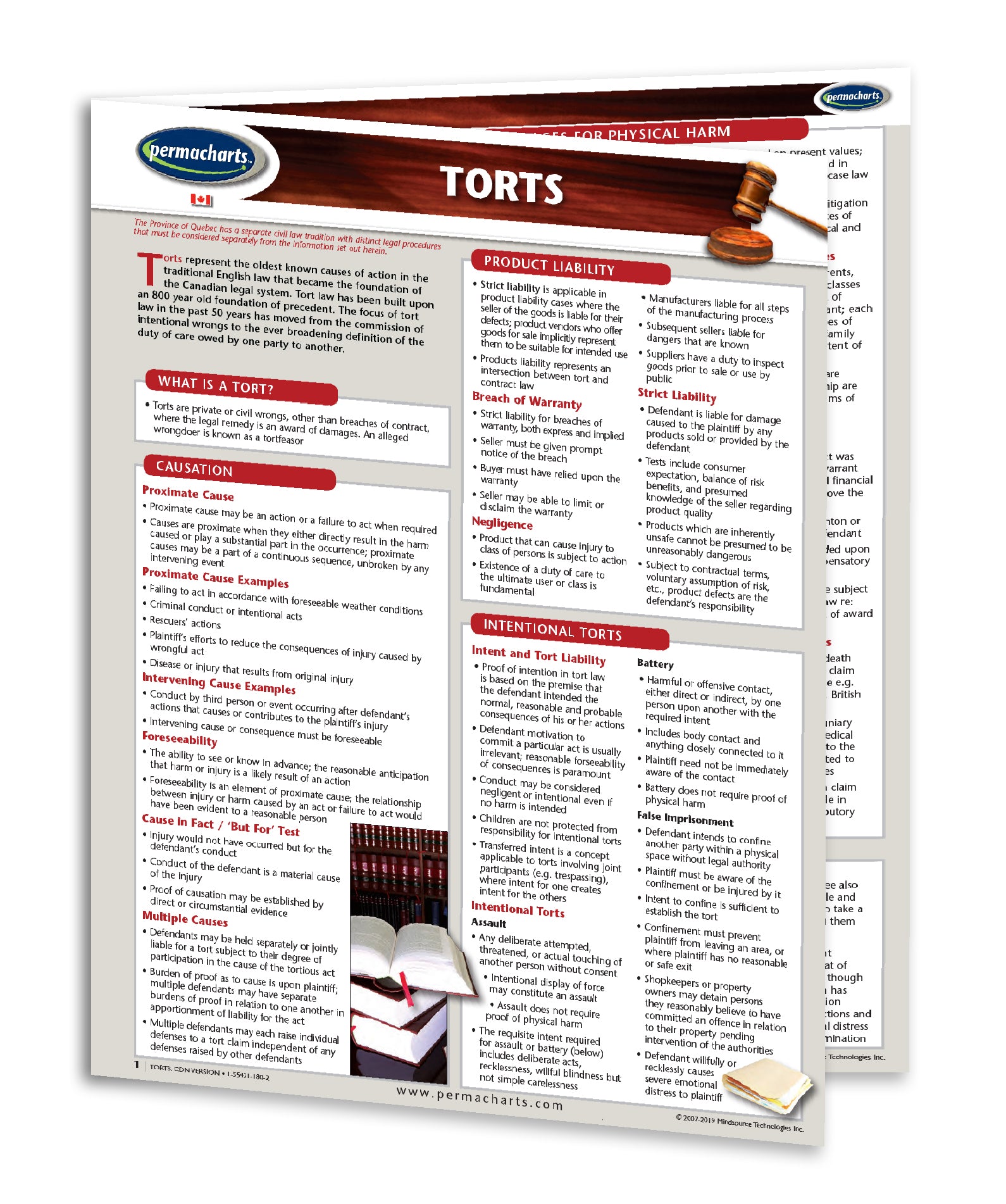
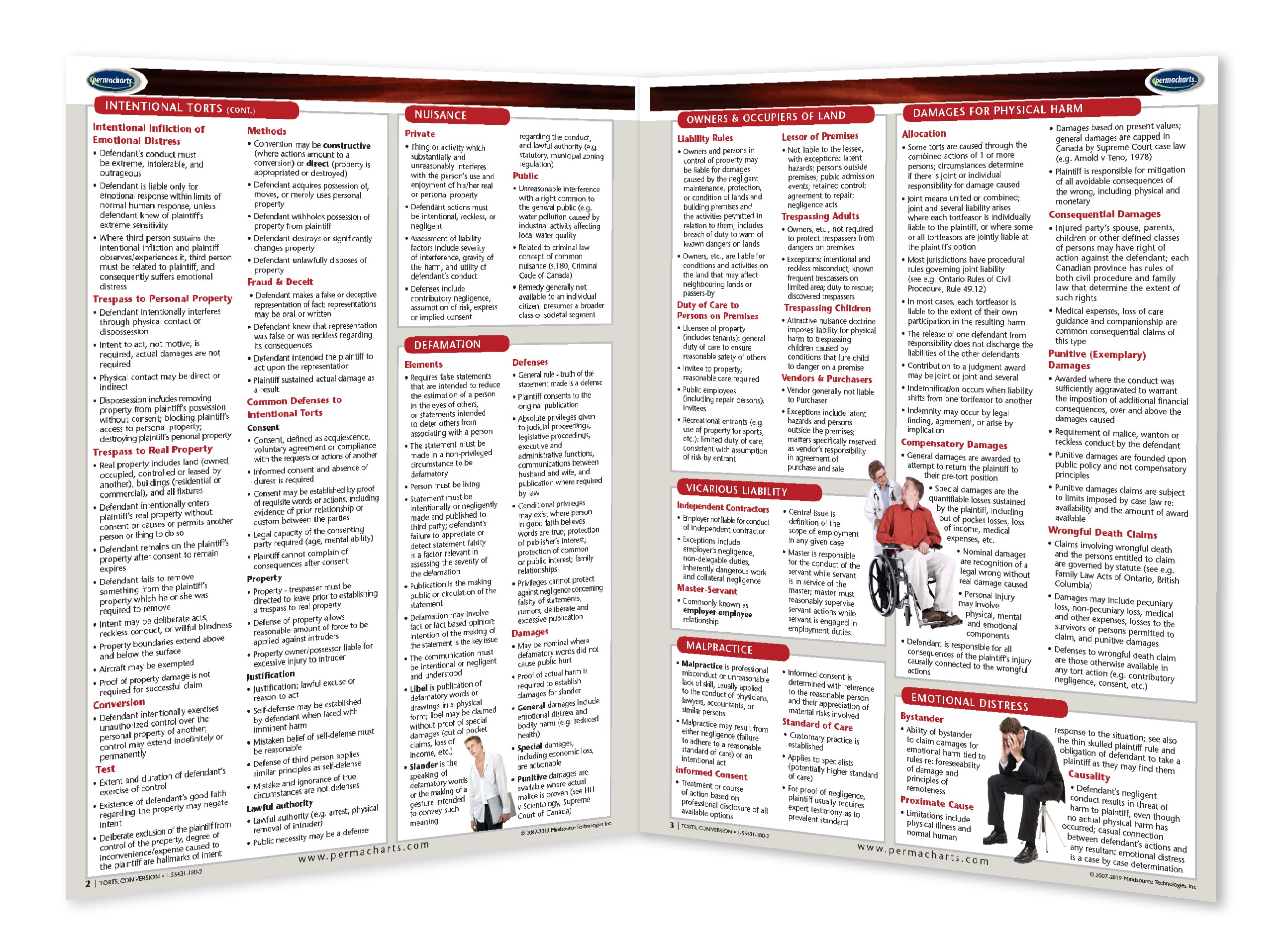
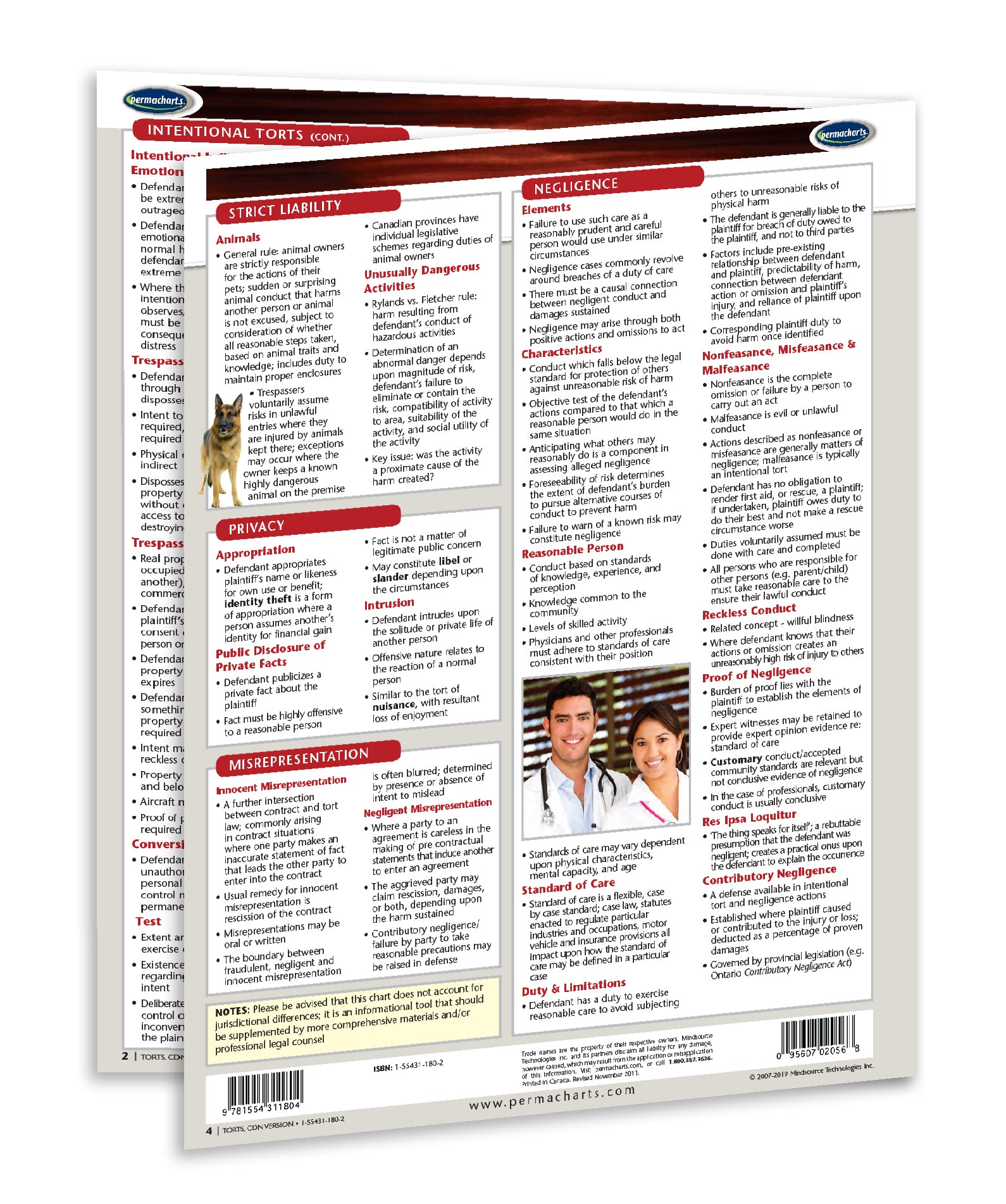
This comprehensive guide deepens understanding of administrative law functions by explaining complex legal concepts in clear, straightforward language. It includes all necessary definitions, key Charter references, and relevant case law, making it an invaluable quick reference for studying and navigating the intricacies of administrative law.
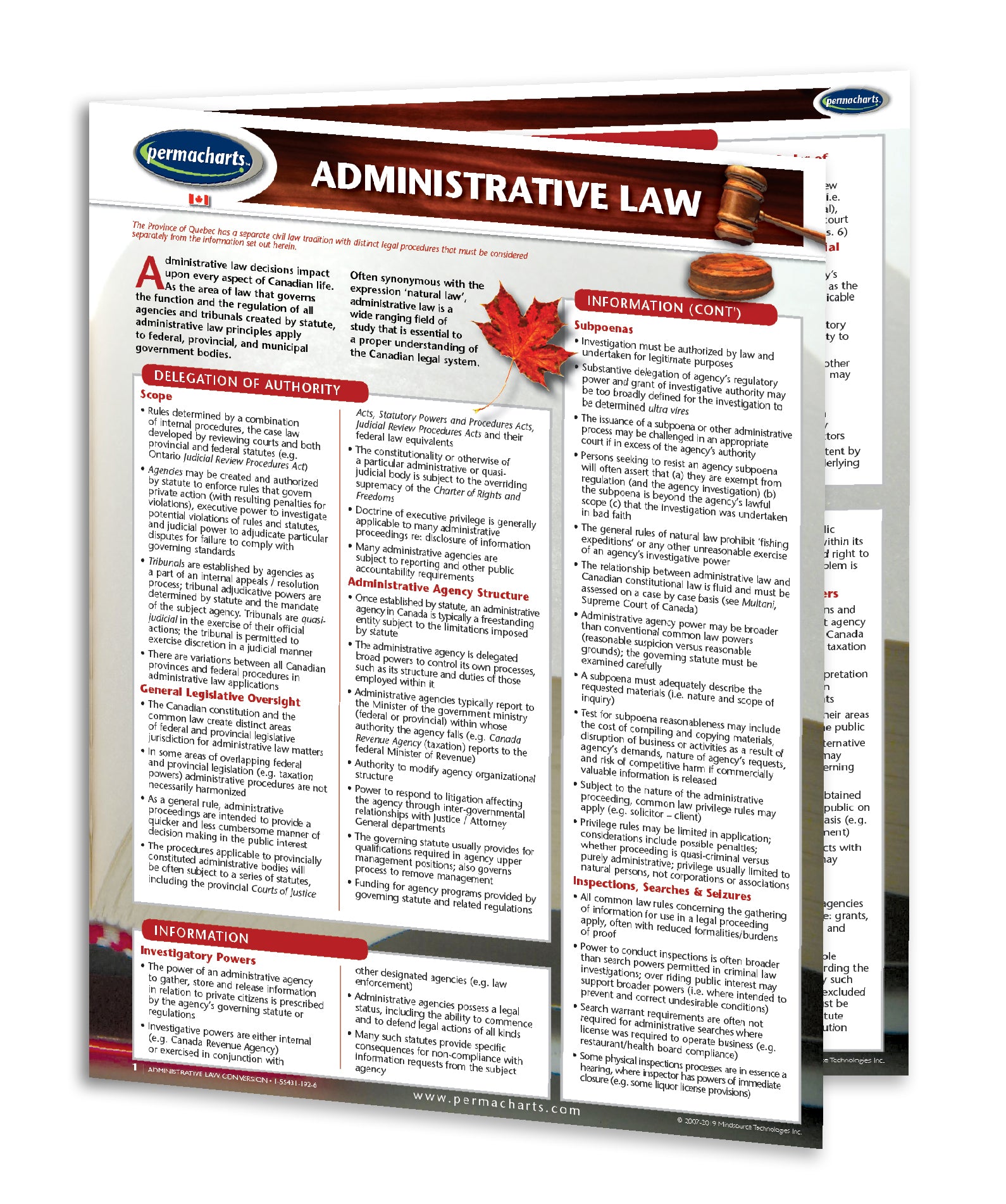
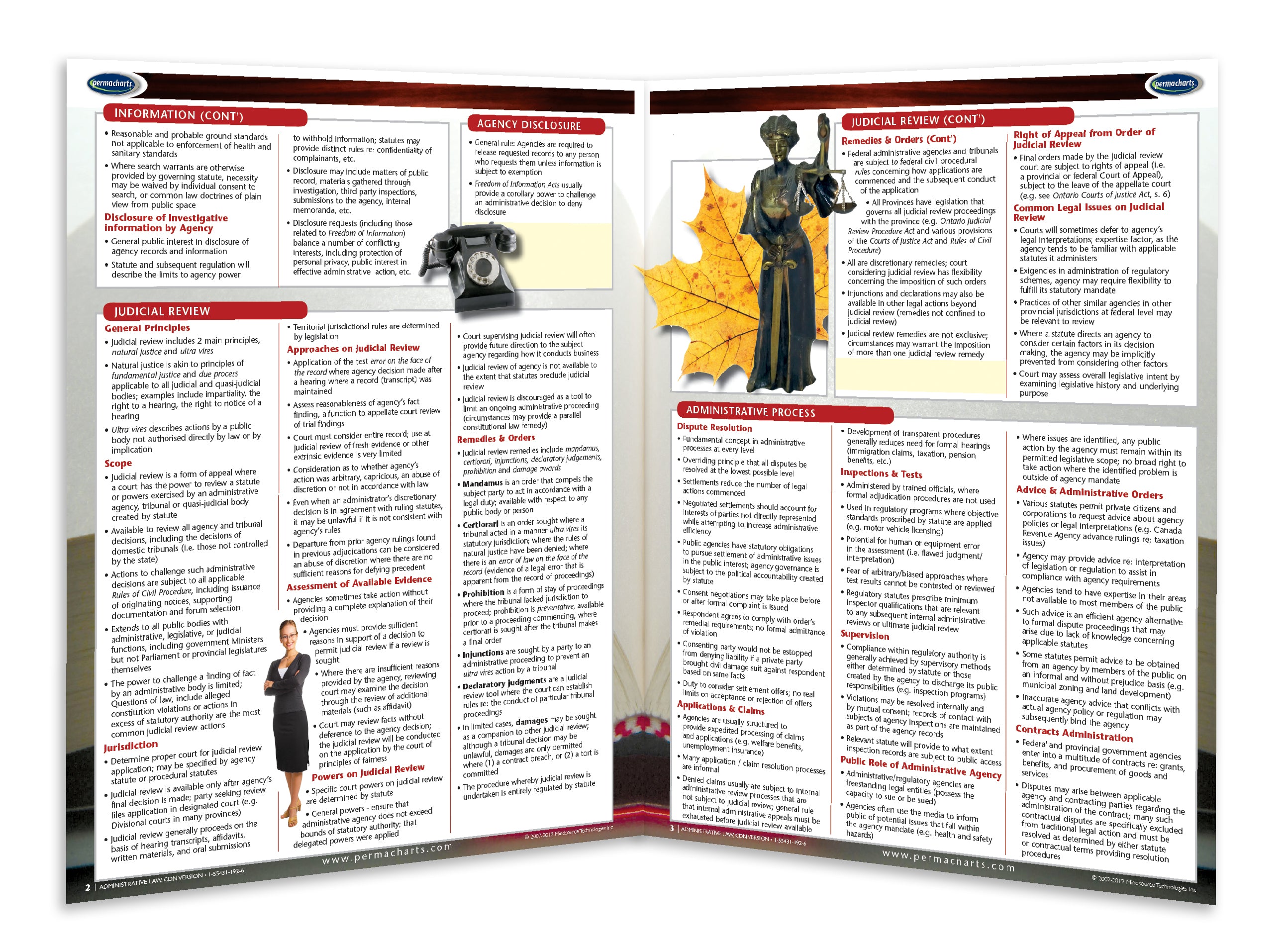
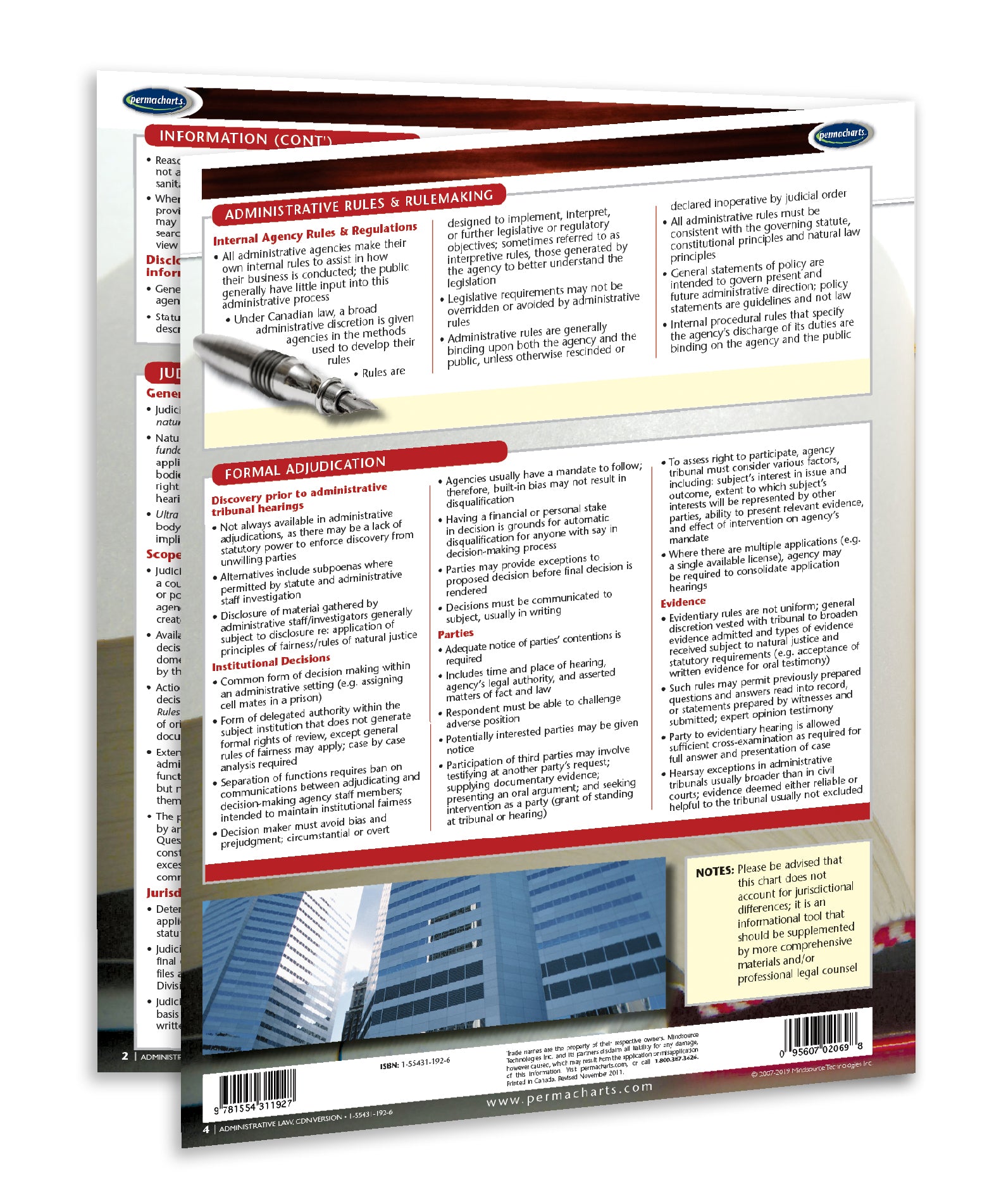
Canadian contract law is central to modern consumer transactions and the structure of business and professional relationships in Canada. This comprehensive 4-page laminated quick reference guide covers all aspects of contract formation and enforcement. It provides clear summaries and effective cross-references to related areas such as Torts and Criminal Law, ensuring a thorough understanding of contract law's role and application.
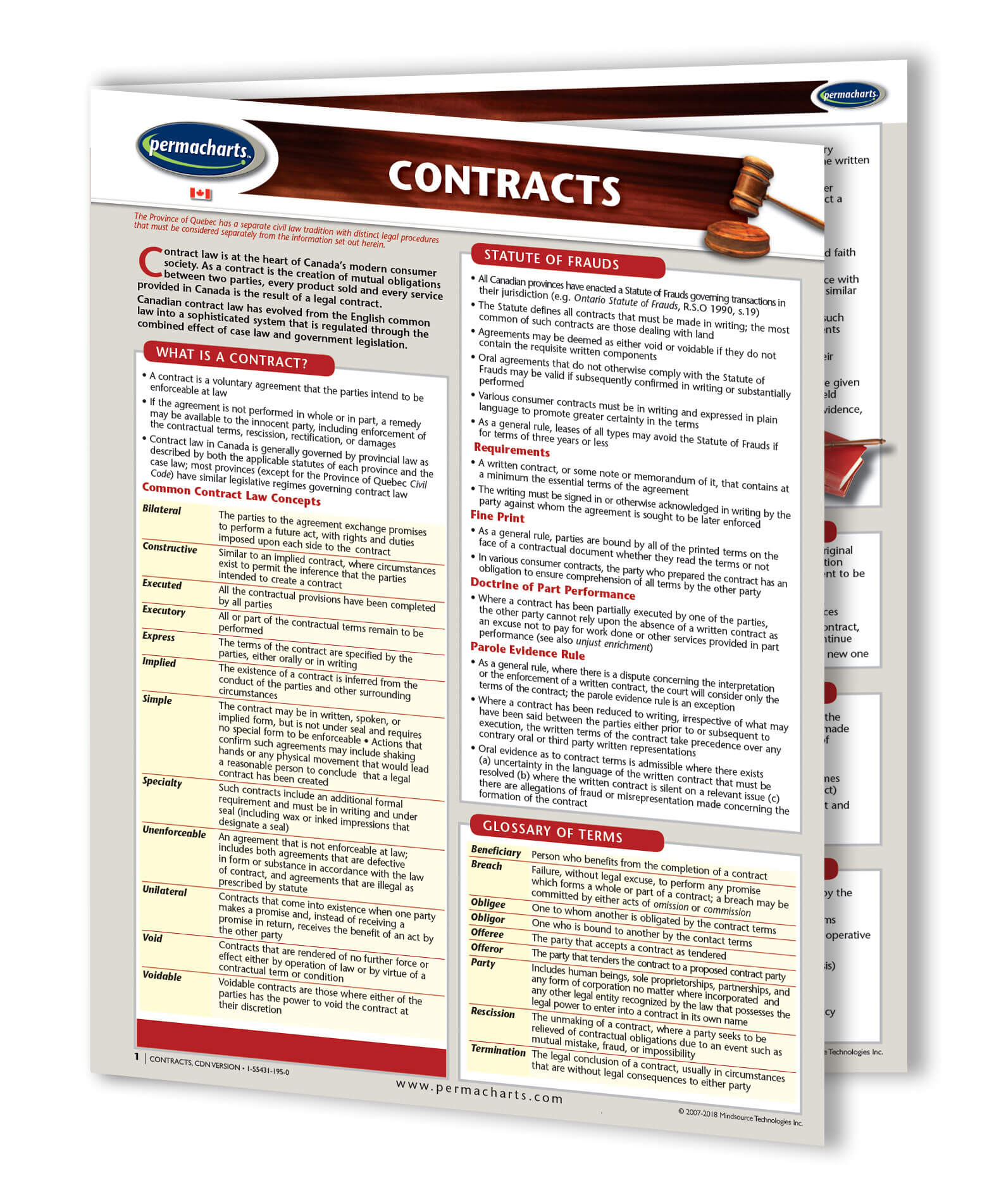
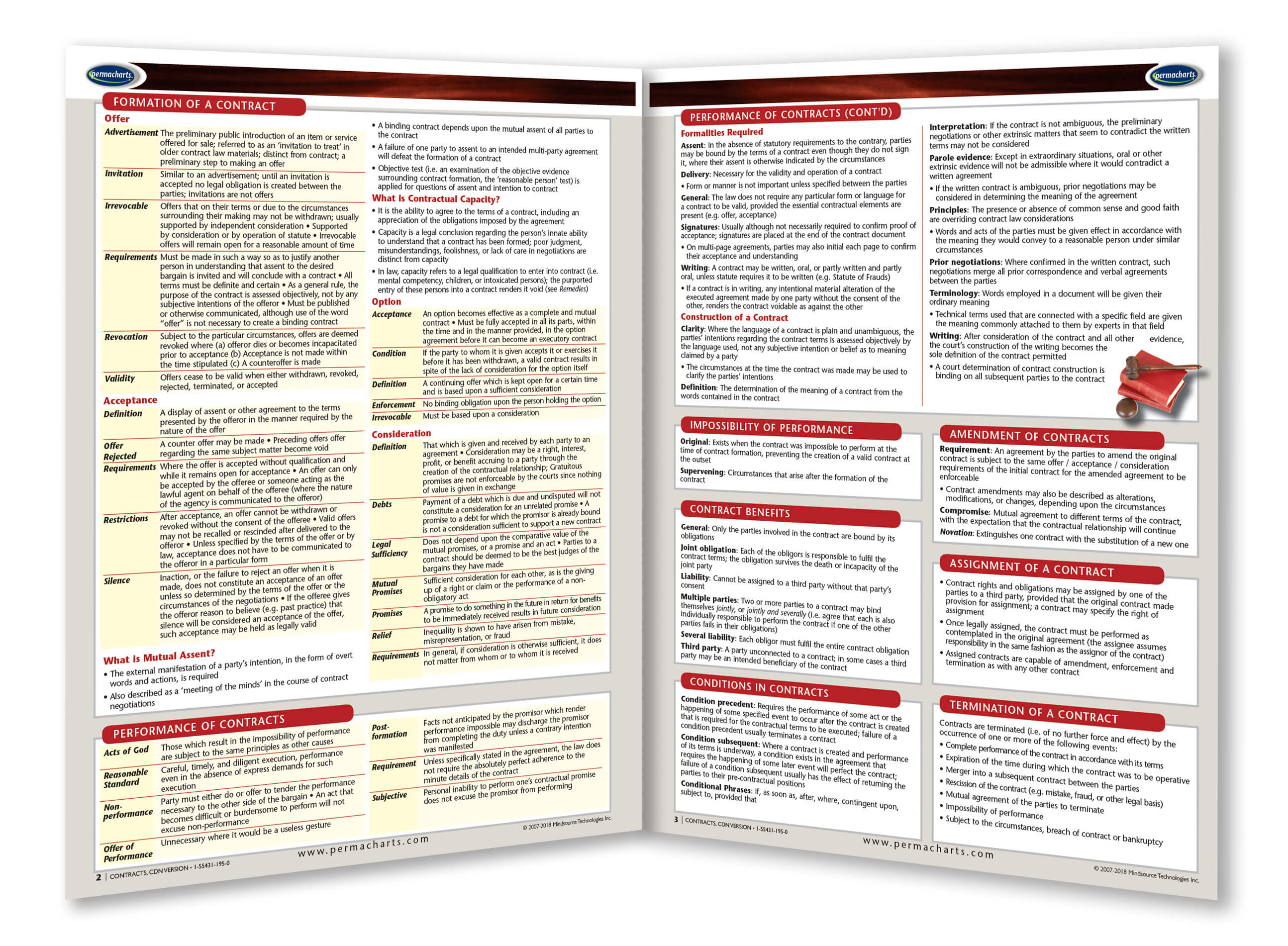
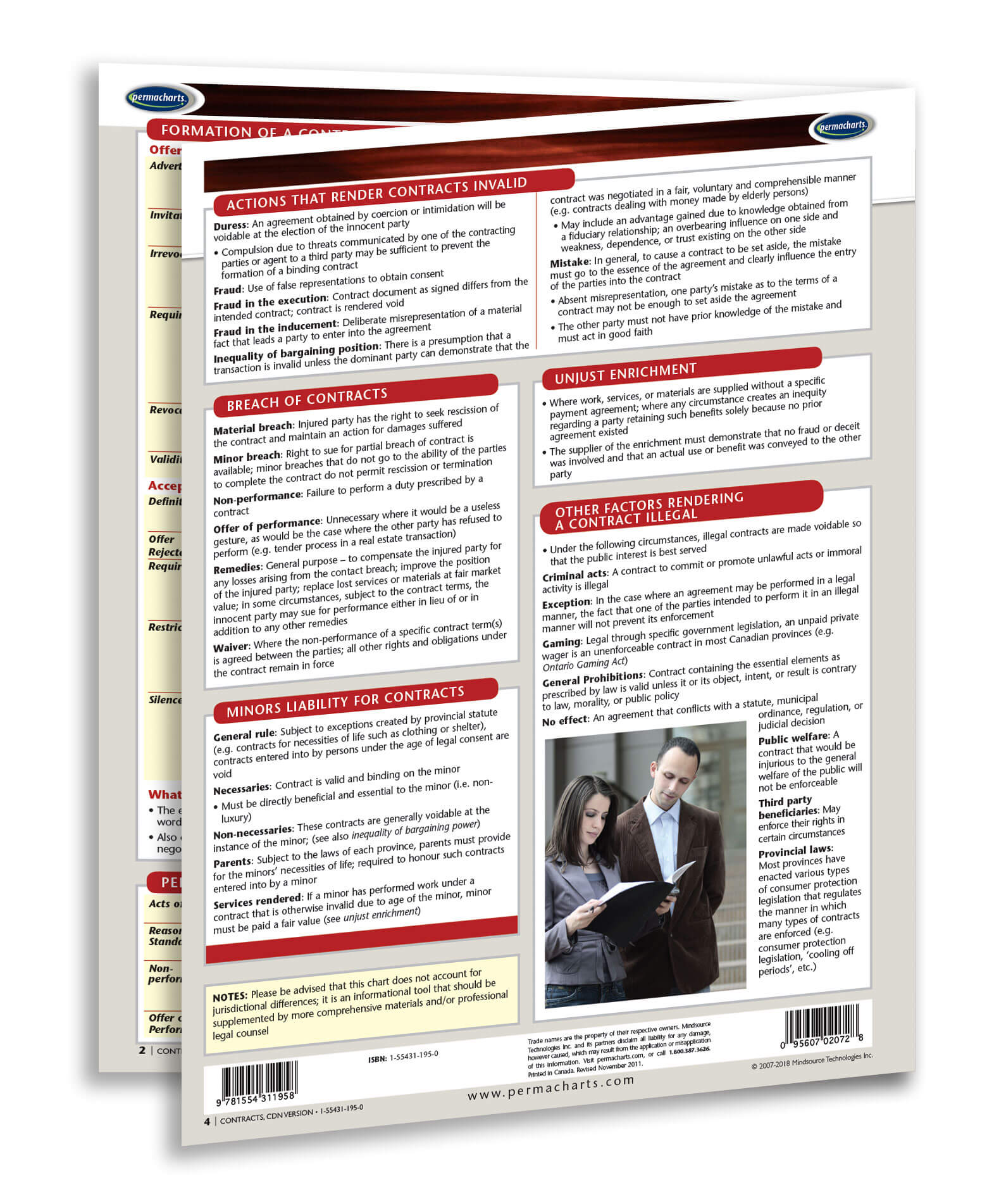
Start typing and press enter to search